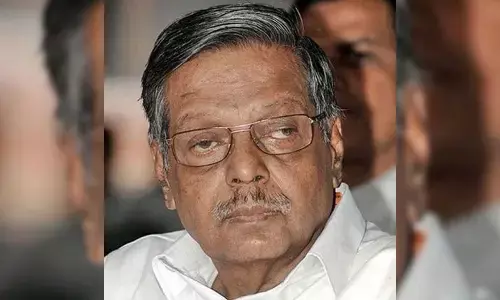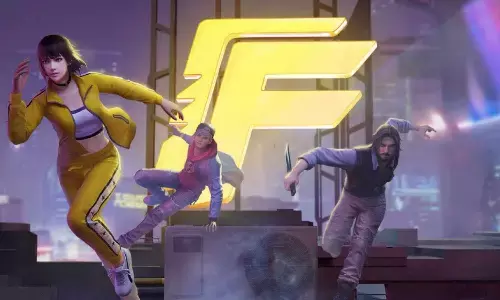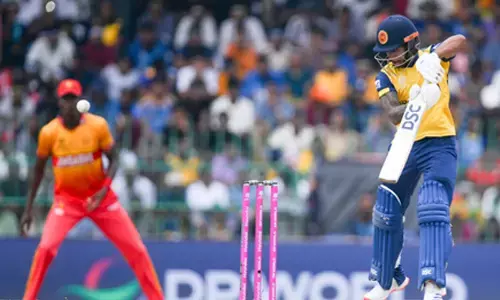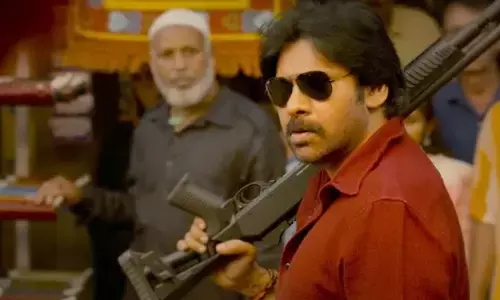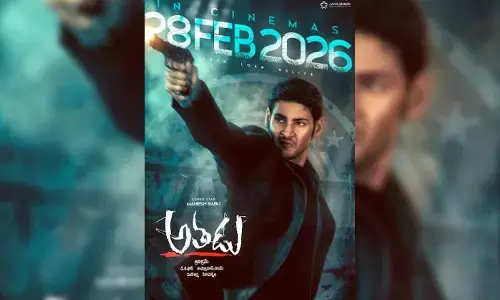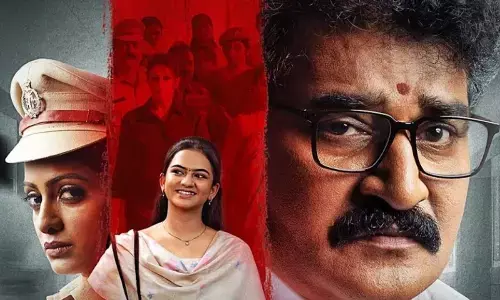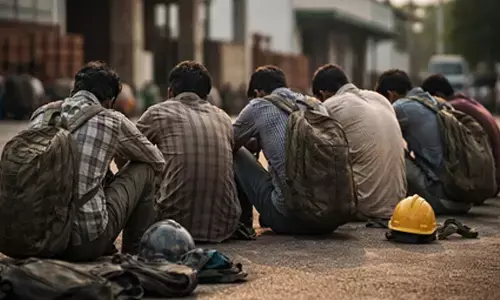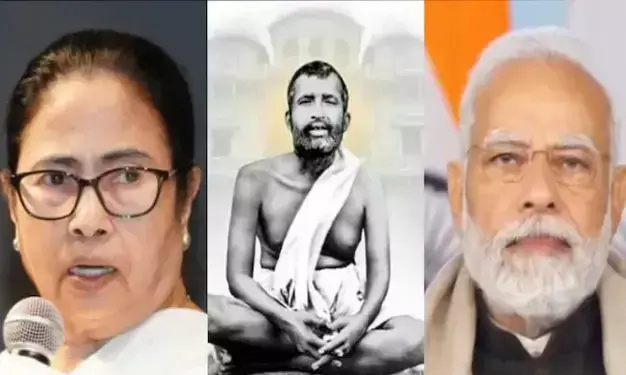Hopes Run High on Modi 3.0
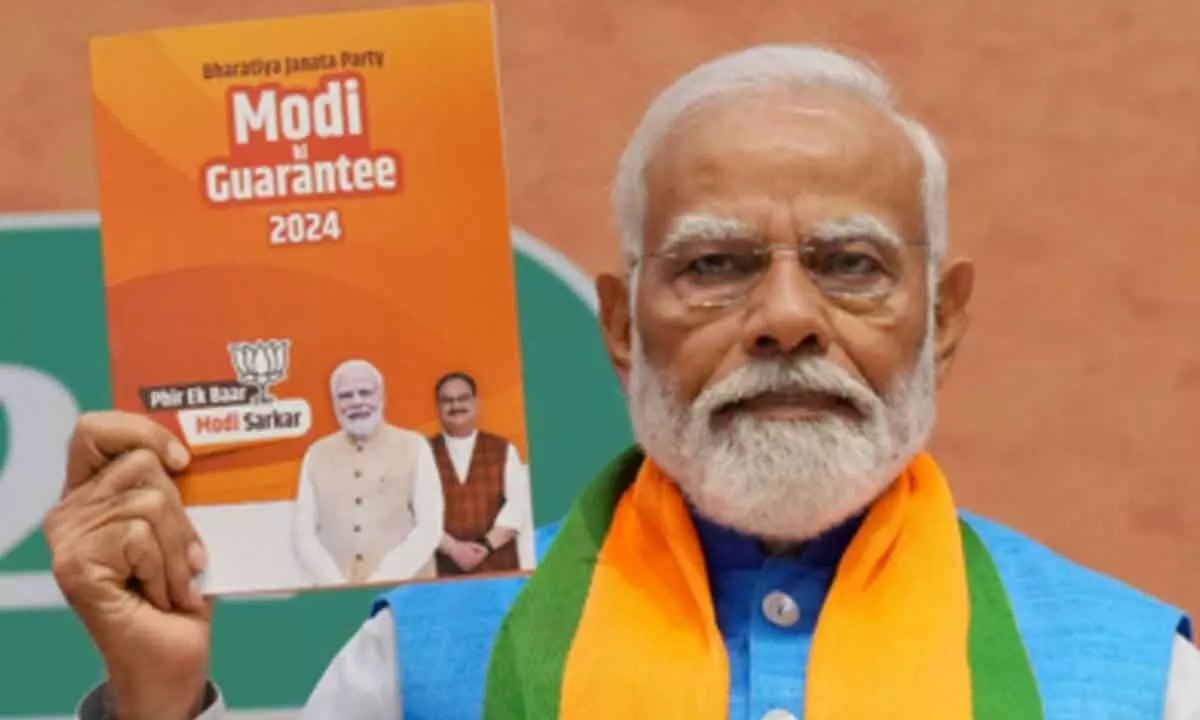
The issue now is if it is Modi 3.0 government for the next five years, what one can expect. Certainly, it is going to start with a bang if the predictions of the psephologists are any indication. One can be sure that there will be more concentration of both power and resources with the Centre.
At the global level, speculations are rife that India’s assertiveness will increase while dealing with other countries. But then along with this, one thing is certain. If Modi 3.0 government returns to power with not so strong mandate, it is not going to be a cake walk to push through the domestic policy decisions and may face challenges. In case If Modi succumbs to party or opposition pressure, then people will sooner than later start asking what happened to Modi’s guarantee?
Finally, the general elections are over. Fate of the contesting candidates is sealed in EVMs and now a new noise in the form of exit polls, each one claiming to be exact polls, will begin from today. Both the BJP and the Congress-led opposition alliance claim they have done well.
Ahead of the exit polls, the Prime Minister had gone on a spiritual journey which irked the opposition leaders and the INDI bloc. They seem to be having some problems with PM performing Surya Namaskar and offering water to Sun God with his spectacles on. They feel that the coverage by “chamcha and chamchi’s” (that is how Rahul Gandhi describes Indian media) will adversely affect the polling pattern for the remaining 57 seats.
So far, one thought Rahul Gandhi nurses some grudge or anger against Adanis and Ambanis, but now he is also expressing his strong displeasure towards media and is calling them names. Media bashing by political leaders is nothing new. But what they should remember is they cannot survive even for a day or for that matter even for an hour without media.
The mentality of the leaders is that media should give coverage to them and only them and should behave like their slaves. They will show attitude, even beat up reporters if anyone asks for an interview but still they expect media to run around them. They will stamp a newspaper as non-friendly if their news does not appear on front page in case of print media. This attitude has become a hallmark of all parties, both national and regional, with no exception. We have seen how some top leaders including the PM give interviews only to select media and that, too, only during elections.
Well, while this Tom and Jerry game will continue, what the leaders should understand is their future depends on what people feel and think about their performance, whether in government or in opposition, not what media says. They should know that voters are not fools. Anyway it is time to think of what next.
It is rare for politicians in India to overcome voter fatigue and hit a hat-trick in elections. The big question now is whether or not the Modi-led BJP would succeed in winning the hearts of majority of the 950 million registered voters. Most of the psephologists claim that it is going to be Modi 3.0 though they claim NDA may not get 400 paar.
The issue now is if it is Modi 3.0 government for the next five years, what one can expect. Certainly, it is going to start with a bang if the predictions of the psephologists are any indication. One can be sure that there will be more concentration of both power and resources with the Centre. Speculations are that there could be significant attempt to curtail the financial autonomy of the states. If not, of course, the Modi led government will adopt a more balanced stand.
Let us take a dive into the tentative policies that could be a part of the NDA 3.0’s first 100-day plan and try to analyse what people expect from them. One expects that the highest GST tax slab which is 28% will be reduced so that it could help the spending capacity of the common man to increase, and that petrol and diesel would be brought under GST.
It is also expected that the government may make changes in income tax slabs to give relief to the common man more as a thanks giving exercise for electing them for the third successive term. It may also think of making changes to corporate tax and continue its policy of spending high on infrastructure like modern airports, ports railways and energy transition.
There could be intensified efforts to increase the footprint of India in global value chains in areas like electrical vehicles, green energy, electronics, semi conductor projects, market reforms as part of the Gati Shakti policy which Modi announced before the polls.
At the global level, speculations are rife that India’s assertiveness will increase while dealing with other countries. It remains to be seen if it would adopt an aggressive Indian diplomacy policy. All eyes will also be on Modi’s guarantees – aimed at women, the youth, the poor, farmers, and small-business owners.
But then along with this, one thing is certain. If Modi 3.0 government returns to power with not so strong mandate, it is not going to be a cake walk to push through the domestic policy decisions and may face challenges. The most significant threat will arise from the opposition alliance’s refusal to respect the democratic verdict.
This would increase its dependence on the states and regional parties. One only hopes that the Modi-led government will implement ‘Sab ka Saath, Sab ka Vikas’ and be more pro states in terms of devolution of funds and other hand holding particularly in regard to states like Andhra Pradesh which have gone 20 years backward in terms of development.
The other hurdles Modi government may face are many. On the diplomatic front it is going to be a tight rope walk. There could be many flash points. A lot will depend on the Modi government’s ability to navigate through geopolitical challenges.
On the domestic front, it will have to take significant decisions to ensure that the country becomes third largest economy. There could be protests with every decision taken by the NDA government. Care will have to be taken to see that while entertaining democratic dissent of stake holders, street power should be kept at bay. Otherwise, it could adversely affect the flow of investments without which becoming the third largest economy is not such an easy task. One can hope that better sense would prevail and the opposition will not blur the line between being anti-Modi and being anti-India.
The BJP had in the last decade opened its doors to inflow of leaders from all other parties to expand its footprint across the country but this had shown its negative impact as it had led to straining of relations between original leaders and lateral entrants as the former put party interests before personal interests.
To what extent the migration policy had helped or impacted the party will also have to be evaluated by the BJP. Modi had promised to tackle corruption with a heavy hand. Whether the imports can really help the party continue to claim that it is incorruptible is a big question. Modi’s guarantees can become reality only when he shows speed, swift actions and diplomacy in implementing all his key promises made in the manifesto. If he succumbs to party or opposition pressure, then people will sooner than later start asking what happened to Modi’s guarantee?


